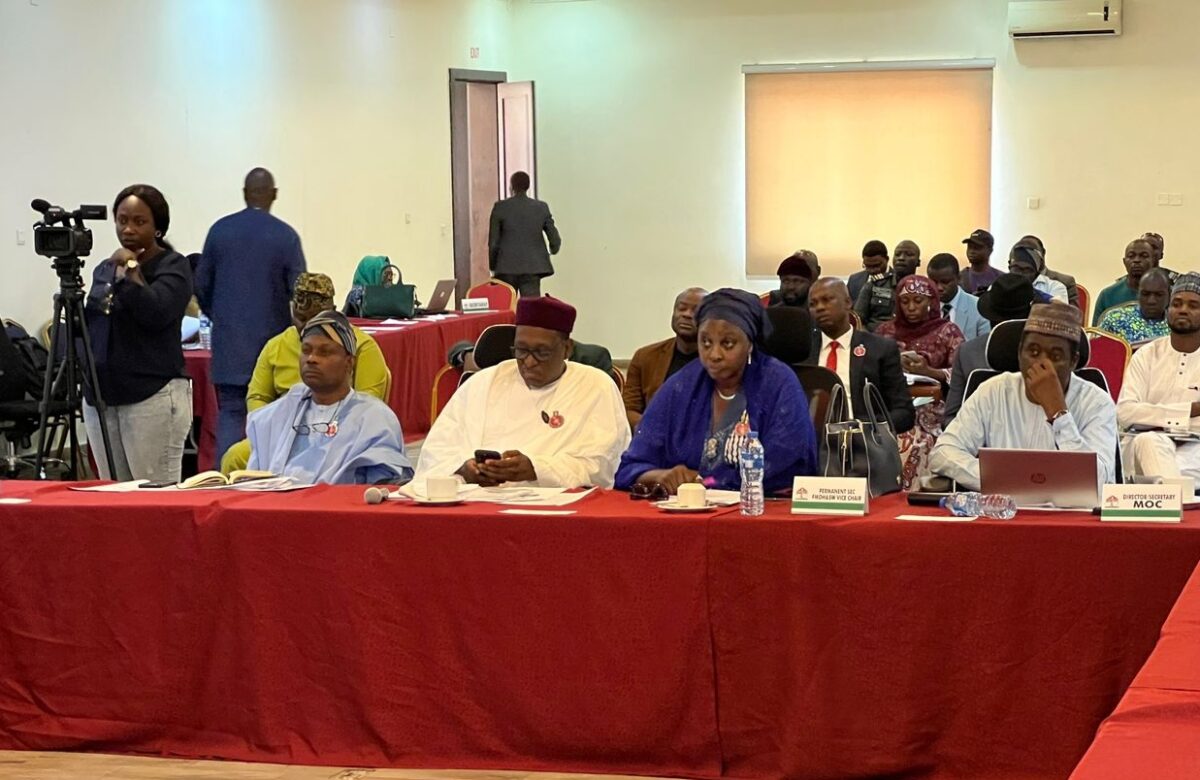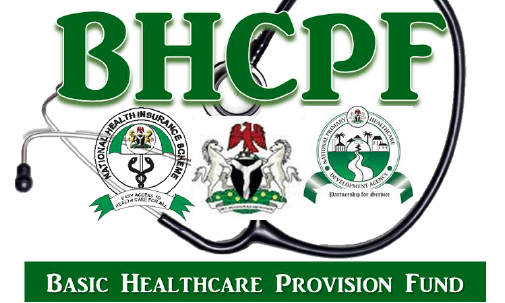
Lagos Convenes Strategic Meeting to Implement NEMCHIC
- Health SectorHealth SecurityHuman Capital Development (HCD)InfrastructureLagos StateSPAG Projects
- No Comment
- 254
As part of efforts to accelerate progress towards the achievement of SDGs 3 by 2030 in the country, the National Primary Health Care Development Agency (NPHCDA) began processes to galvanize improvement in Reproductive, Maternal, Newborn, Child and Adolescent Health and Nutrition (RMNCAH+N) outcomes.
The Agency proposed to achieve this by improving availability and quality of RMNCAH+N services with particular emphasis on Antenatal Care, Skilled Birth Attendance, Post Natal, New-born Care, Child Health and Nutrition across all levels.
To catalyze this process, the Federal Government through NPHCDA established the National Maternal and Child Health Intervention Centre (NEMCHIC) which provides support to States to establish the State Emergency Maternal and Child Intervention Centres (SEMCHIC) as well as the Local Government emergency Maternal and Child Intervention Centres (LEMCHIC) with an aim to optimize human resources for health availability and strengthen quality of care at the primary healthcare level.
The Lagos State Ministry of health hosted a stakeholder meeting chaired by the Honourable Commissioner for Health, Dr Akin Abayomi to strategize and identify approaches to implement the programs in the State, since states have different approaches to primary healthcare. While Lagos was recognized to be doing well compared to other States, a lot more still needs to be done.
Some of the issues identified to be contributing to the high maternal mortality rates which called for urgent attention were high risk pregnancies without proper care, inadequate trained birth attendants, inadequate access to primary healthcare facilities and the use of unrecognized traditional and community birth structure. Others include hemorrhaging, prolonged labour, maternal sepsis, and unsafe abortions.
During the meeting there were discussions on the roles of NEMCHIC in reducing maternal and child death by 50% by 2030 based on the SDGs, which include providing support through the established technical working groups to the State to actualize an effective primary healthcare system with a focus on maternal and child health.
Participants, including LISDEL resolved that there is need for all stakeholders to work together in a collaborative manner, as well as intensive community engagement to facilitate women leaving their homes to access the needed care. Subsequent strategic meetings involving stakeholders and technocrats will be convened to take forward the process in the State.
Contributed by Deborah Olarewaju, LISDEL





